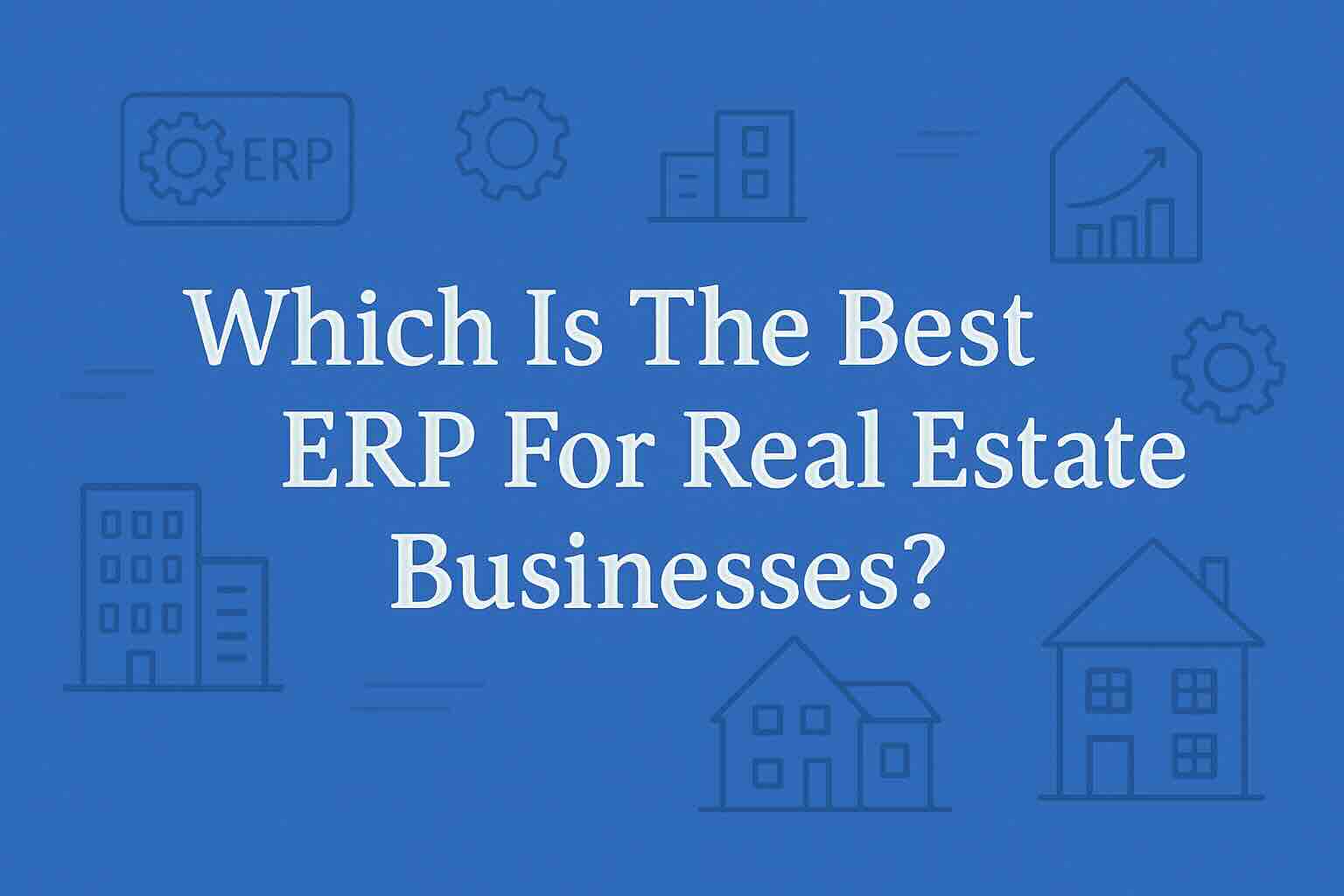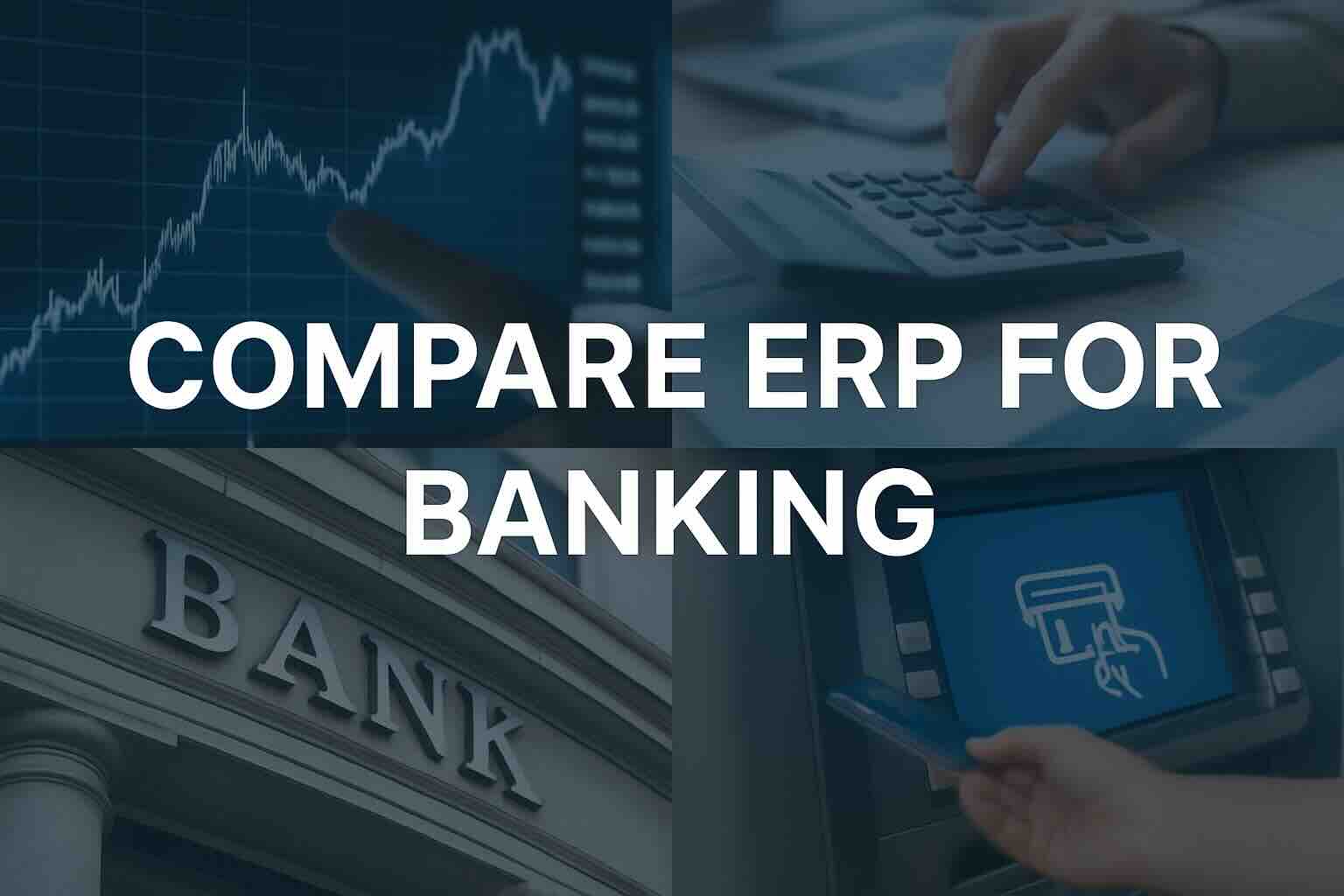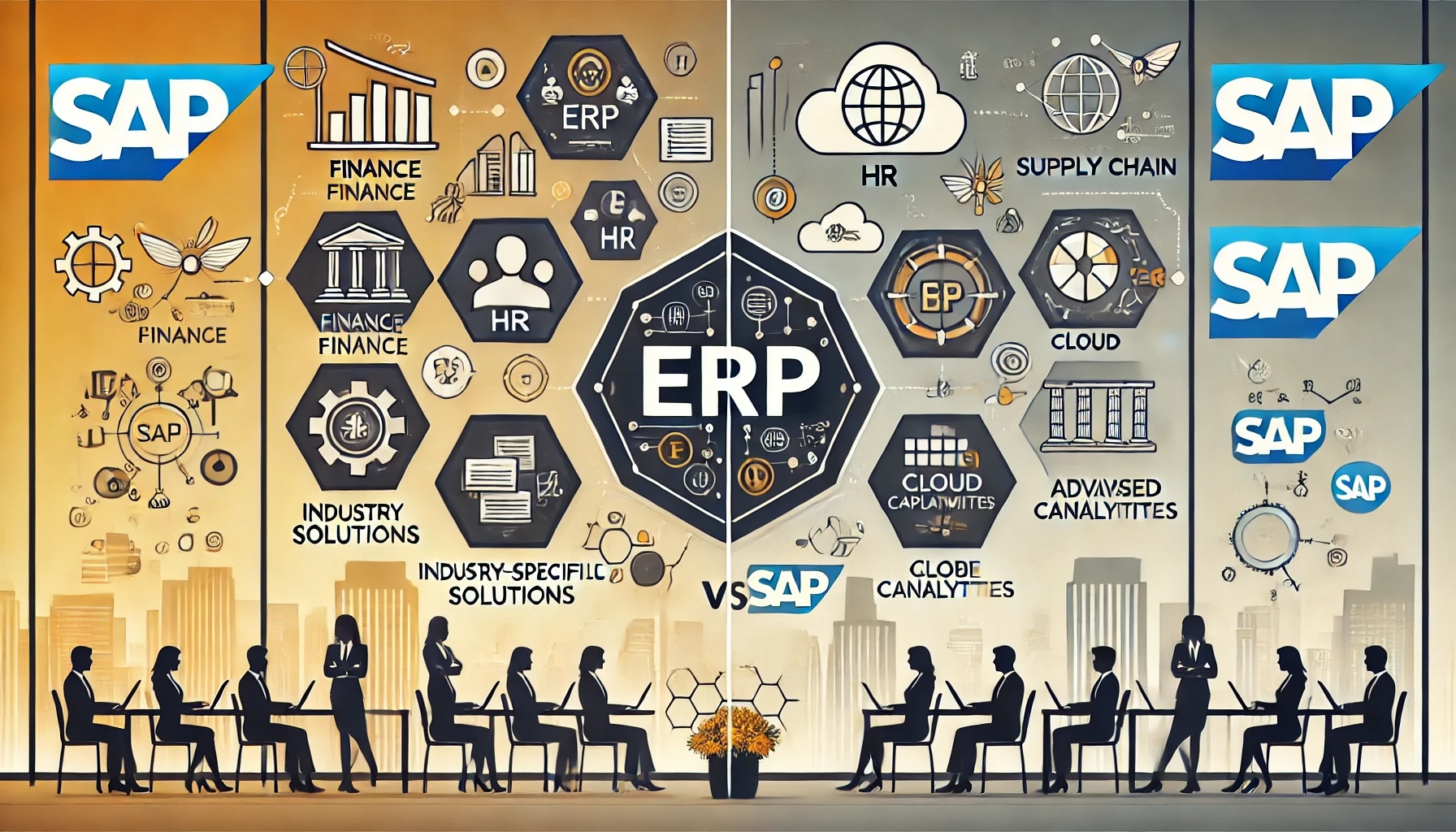Which Is the Best ERP for Real Estate Businesses?

If you’re in the real estate industry, you know how complex operations can get – managing properties, tenants, finances, maintenance, and customer relationships. As the business grows, spreadsheets and basic accounting software are no longer enough. That’s where ERP (Enterprise Resource Planning) systems come in. But with so many options available, which is the best ERP for real estate businesses?
Let’s explore what makes a great ERP system for real estate, compare top solutions, and help you decide which one is the right fit for your business.
Why Real Estate Businesses Need ERP
Real estate companies deal with numerous moving parts—sales, leasing, construction, project management, compliance, and customer service. An ERP system centralizes all these operations into one integrated platform, allowing better data management, real-time reporting, and improved decision-making.
Some key benefits of using ERP in real estate include:
-
Centralized Data Management
-
Improved Operational Efficiency
-
Automated Financial and Lease Management
-
Enhanced Customer Relationship Management (CRM)
-
Better Regulatory Compliance
-
Custom Reporting and Business Intelligence
Now that we know why ERPs are essential in real estate, let’s explore the top contenders.
Top ERP Systems for Real Estate
1. Microsoft Dynamics 365
Best for: Large enterprises and diversified real estate portfolios
Microsoft Dynamics 365 is a powerful ERP solution with robust CRM capabilities. Its modular design lets real estate firms manage everything from property listings and customer communications to financials and maintenance workflows. It also supports extensive customization and integrates easily with Microsoft tools like Excel, Outlook, and Teams.
Pros:
-
Highly customizable
-
Scalable for large businesses
-
Integrated AI and analytics
-
Strong financial and reporting tools
Cons:
-
Expensive setup and licensing
-
Requires technical expertise to implement
To find out more about Microsoft Dynamics you can visit this link.
2. SAP Business One
Best for: Medium to large-sized real estate firms
SAP Business One offers comprehensive tools tailored to real estate needs, such as lease contract management, project costing, and asset tracking. It’s well-suited for companies that need advanced financial tracking and scalability.
Pros:
-
Excellent for financial management
-
Highly secure and reliable
-
Scalable and future-ready
Cons:
-
Steeper learning curve
-
Higher cost compared to smaller ERP solutions
To find out more about SAP Business One you can visit this link.
3. ODOO
Best for: Small to medium real estate companies on a budget
ODOO is an open-source ERP platform that offers modules for accounting, CRM, inventory, project management, and real estate. It’s affordable and flexible, making it ideal for smaller companies looking for customization without the enterprise-level cost.
Pros:
-
Cost-effective
-
Modular and flexible
-
Active open-source community
Cons:
-
May require custom development
-
Limited out-of-the-box real estate features
To find out more about Odoo you can visit this link.
4. NetSuite ERP
Best for: Real estate businesses needing strong financials and scalability
NetSuite by Oracle is a cloud-based ERP platform known for its robust financial management capabilities. While not industry-specific out of the box, it supports custom modules for property management, lease accounting, and project tracking through third-party extensions or customizations.
Pros:
-
Powerful financial and accounting tools
-
Scalable for fast-growing firms
-
Cloud-native with real-time analytics
Cons:
-
Requires customization for real estate use
-
Higher implementation and subscription costs
To find out more about NetSuite you can visit this link.
5. Acumatica
Best for: Mid-sized real estate and construction firms seeking cloud-based flexibility
Acumatica is a modern, cloud-native ERP solution with industry editions that can be tailored for real estate and construction businesses. It supports financial management, project accounting, CRM, and document management. Its open architecture makes it easy to integrate with third-party real estate platforms and customize for unique workflows.
Pros:
-
Cloud-based and mobile-friendly
-
Flexible licensing and deployment options
-
Strong project and financial management tools
Cons:
-
Requires some customization for real estate workflows
-
Not as out-of-the-box real estate-focused as niche solutions
To find out more about Acumatica you can visit this link.
Choosing the Best ERP for Your Real Estate Business
When evaluating which is the best ERP for real estate, consider the following:
-
Business Size and Budget:
Larger enterprises may prefer SAP or Dynamics 365, while smaller firms could benefit from ODOO or Acumatica. -
Specialized Needs:
If you’re focused on financial transparency and growth, NetSuite or Acumatica are great options. -
Ease of Use and Support:
An ERP is only effective if your team can use it. Look for systems with a strong user experience and responsive customer service. -
Customization and Integration:
If your workflows are unique, ensure the ERP can be tailored or integrates well with your existing software stack. -
Cloud vs On-Premise:
Cloud solutions offer flexibility and lower upfront costs. On-premise systems may offer more control but come with higher maintenance overhead.
Final Verdict
So, which is the best ERP for real estate?
-
For large enterprises with complex needs: Microsoft Dynamics 365 or SAP Business One
-
For smaller, cost-conscious firms: ODOO
-
For fast-scaling, tech-forward firms: NetSuite ERP
-
For mid-sized, project-driven firms: Acumatica
Ultimately, the best ERP is the one that aligns with your business needs, budget, and growth plans. Take the time to assess your processes and involve key stakeholders when making the decision. With the right ERP, you can unlock efficiencies, boost profitability, and position your real estate business for long-term success.
Ready to take the next step?
Choosing the right ERP can transform your business. With our AI-powered Compare ERP tool, you can quickly explore and compare solutions tailored to your needs. Get a personalized recommendation in less than five minutes. Our advanced engine analyzes millions of data points across 100+ ERP solutions, delivering your top three picks based on your business priorities. Best of all, it’s completely free. Take the first step toward streamlining operations and boosting productivity – start comparing today!









